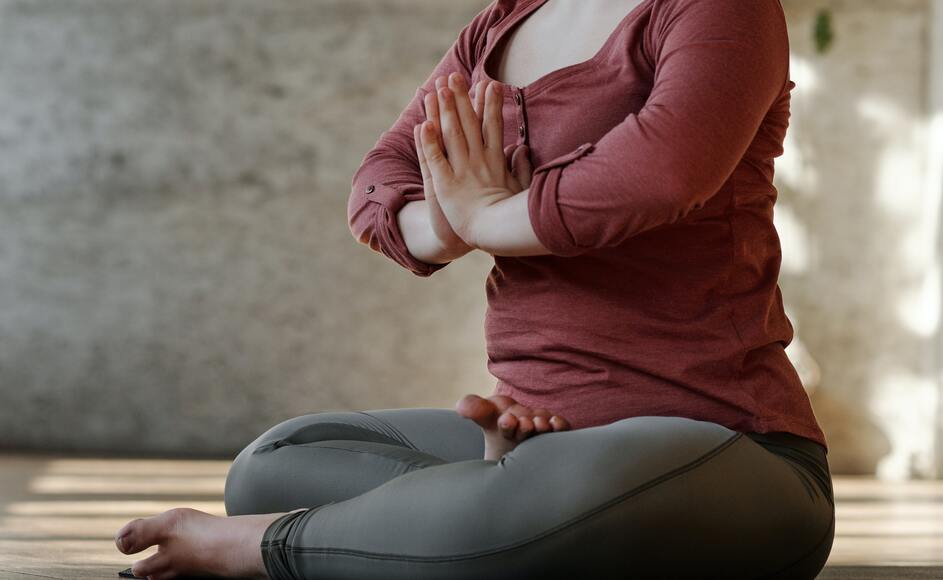The COVID-19 pandemic hasn’t been easy for anyone.
Many people are trying to live their lives as normally as possible while ensuring their own health and safety and the well being of others.
It’s meant for creative solutions to everyday life, where nearly everything we do has gone virtual.
While cyber outings can’t replace the real thing, they can still make a difference. This can be seen every day among staff and participants in our Persons with Developmental Disabilities (PDD) programs.
Our PDD programs provide residential, educational, and vocational programs to people with multiple, complex developmental needs. Care and support are focused on person-centred and strength-based services.
Many PDD participants love sports, but they can’t go out and play in leagues or have get-togethers at home to watch games.
To address this, staff have provided alternatives that are as close to the real thing as possible. This includes virtual exercise classes, going outdoors when weather permitting, or watching sports on TV for those who love some good banter.
“We’re trying to find different ways to meet needs in the home,” Monica Rivers, a clinical consultant, said. “We’re doing as much virtual programming as possible, while also scheduling in-person private bookings outside the homes in a safe way.”
This work is on top of all the extra safety measures in place, including physical distancing, wearing personal protective equipment, and practicing good hand hygiene.
Plus, staff have had to educate participants on the new rules associated with COVID-19, as well as validate any concerns or worries they may have.
“We all have our own different responses to the pandemic, whether they be fears and anxieties, so we want to make sure we’re offering the important and accurate information, and what that means for them in their day-to-day living,” Monica said.
Altogether, it’s meant changes to participants’ daily lives and routines, which isn’t easy. That’s why it’s been important for participants to have as much a say in their day as possible.
“The caregivers have done an amazing job getting creative with the activity planning and the participants are offered daily choices on what they would like to do,” Jacqui Wong, another clinical consultant, explained.
One of the upsides to all of this is that the bonds between caregivers and participants have been strengthened.
Monica said staff have had to really dive deep to develop a better understanding of the participants’ needs.
By doing so, they’ve got to know participants better and develop strategies or activities that help lift their spirits.
“They’ve gotten more creative,” Monica said. “It’s really expanded and broadened the toolbox, so when COVID-19 is over, they have a greater range of options that we can offer individuals.”
Before the pandemic, many participants had active social calendars outside the home. Now, they’re spending more time in the home and getting to know one another.
Person-centred care
Where do these solutions come from and how do staff work with participants to provide the best care?
Lots of it stems from what the Ranch calls person-centred care. It’s all about balancing what is important to participants and what’s important for them.
In other words, it’s about bringing joy and meaning into their lives while also ensuring they’re healthy, safe, and have a sense of dignity.
COVID-19 has only magnified this balancing act. Health and safety are at the forefront, and participants still need to live a life with joy and meaning.
“Our participants deserve to have healthy, engaging, and meaningful lives,” Jacqui said.
As well, it’s crucial participants are part of this process, where they are empowering themselves when making decisions.
“Some are aware that even though it’s hard not to see family, they don’t visit them because they don’t want anyone to get potentially sick,” Monica said. “It really promotes that autonomy and they have a sense of control.”
Jacqui added, “Our care is very relationship-focused and caregivers getting excited about the new routines helps our participants feel at ease and buy into all of the changes in their world.”


